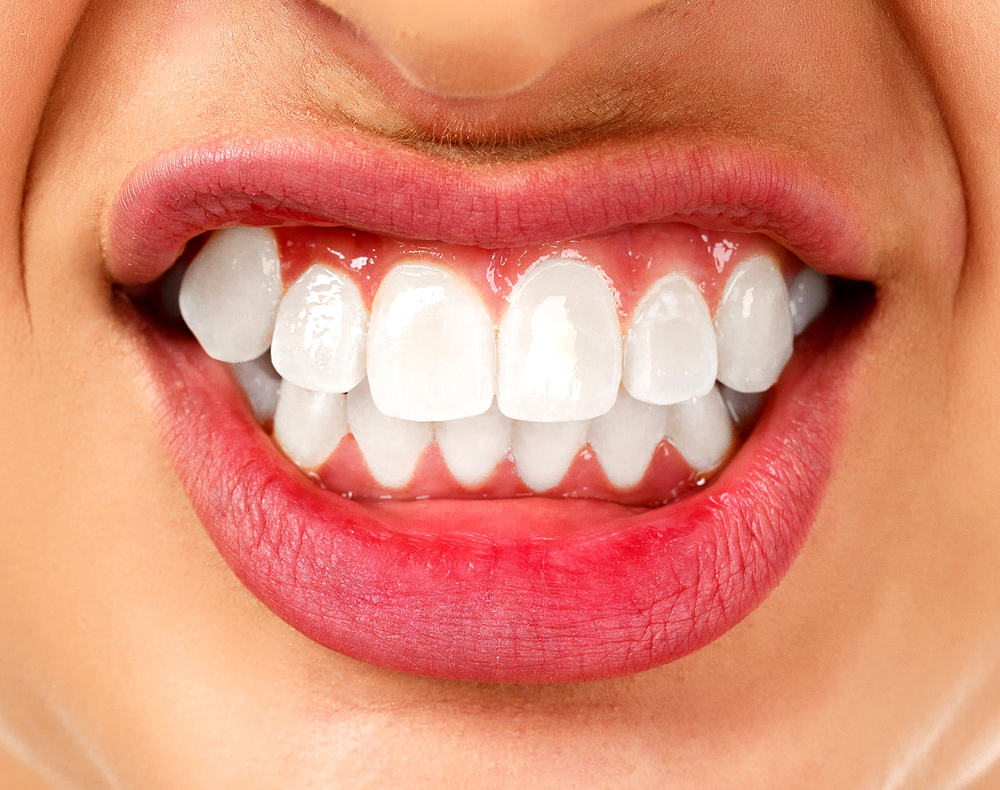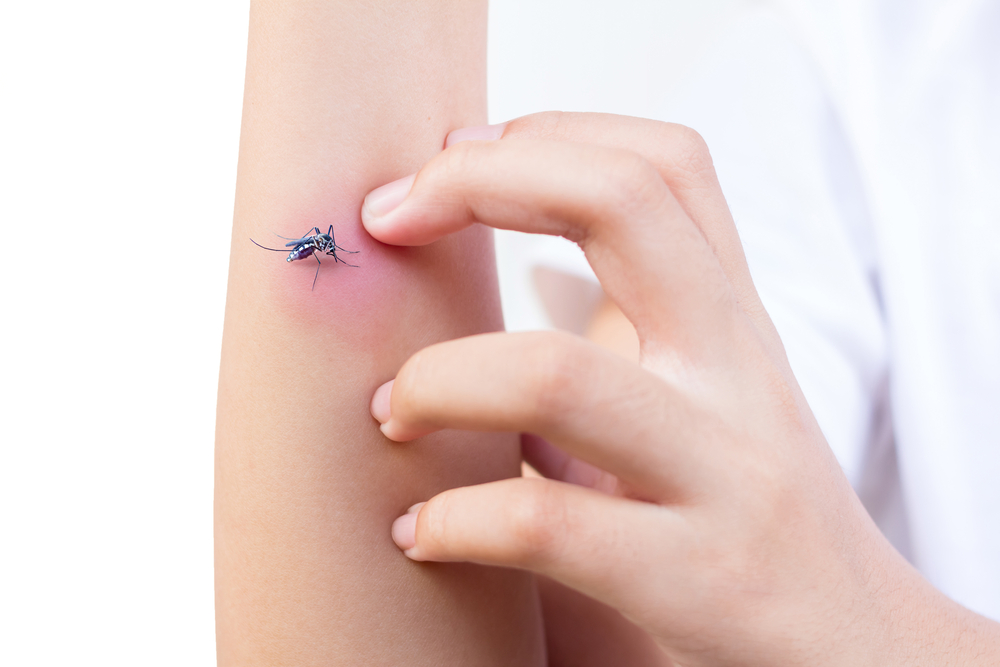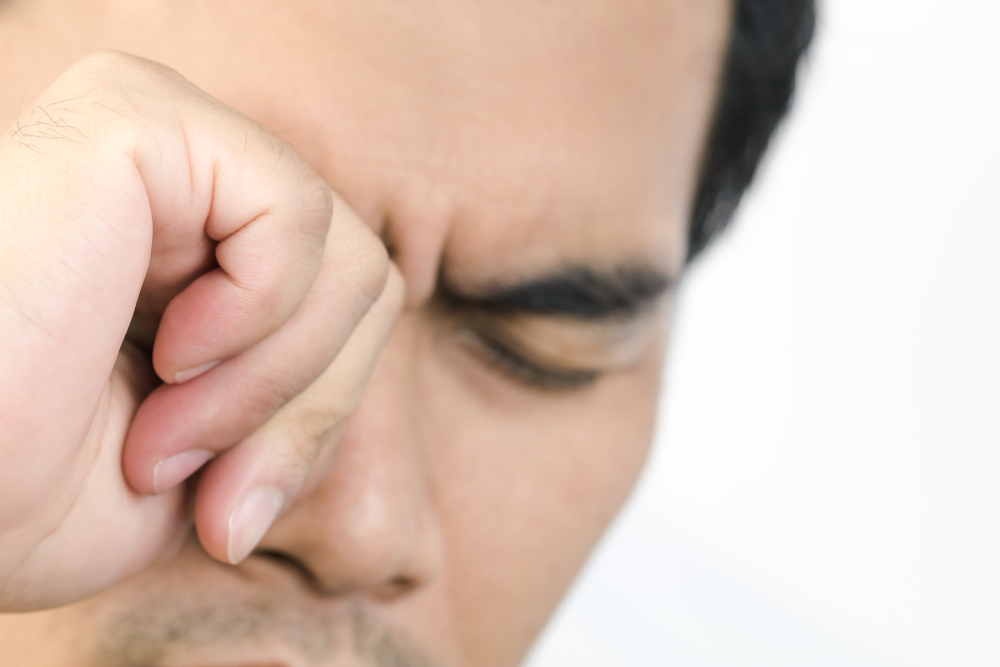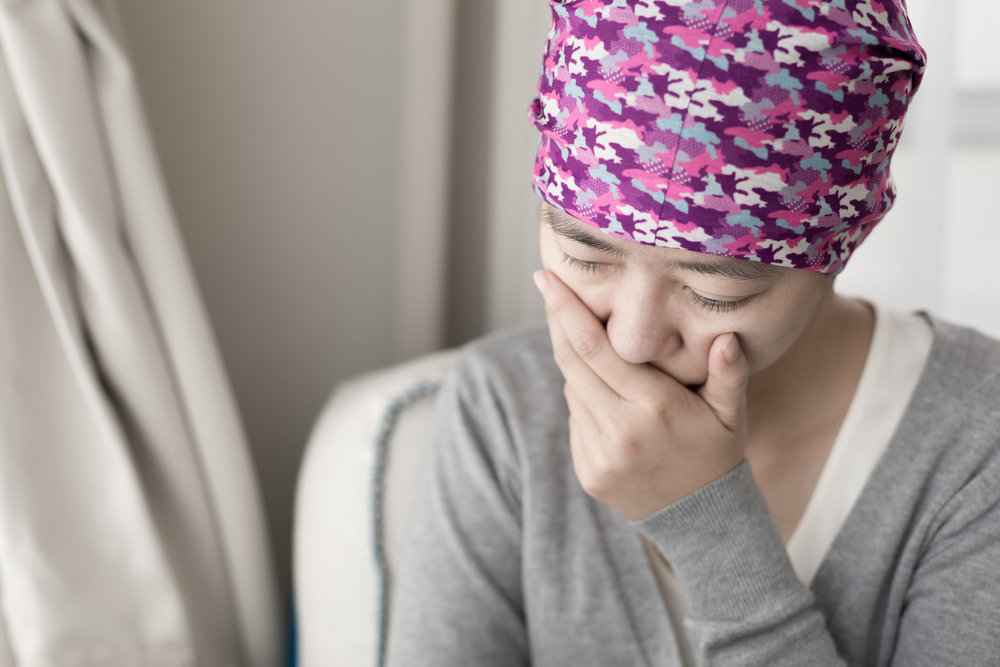Contents:
- Medical Video: Acupressure Treatments : Bruxism & Acupressure
- What causes bruxism?
- Signs if you have bruxism
- Do you need to see a doctor if you have bruxism?
- Complications that can occur due to bruxism
- How to treat and stop bruxism?
- Treatment in terms of dental health
- Treatment with therapy
- Treatment with drugs
- Self-medication at home
Medical Video: Acupressure Treatments : Bruxism & Acupressure
Have you ever heard someone clenching his teeth while sleeping? Or maybe you yourself like that? Medically, this is called bruxism. Bruxism is a condition where you knock your teeth unconsciously while sleeping. Bruxism is considered as one of the sleep disorders. People who gnash their teeth during sleep usually also have other sleep disorders, such as snoring and sleep apnea.
Mild Bruxism does not require further treatment or treatment. However, in some cases, bruxism can cause chin abnormalities, headaches, tooth decay, and other problems.
What causes bruxism?
Until now, in the medical world it is not known exactly what causes bruxism. However, it is estimated, bruxism can be caused by physical and psychological things. The following includes:
- Emotions, such as fear, stress, anger, and frustration
- Personality, such as aggressive, competitive and hyperactive
- Malocclusion, asymmetrical position of the maxilla and lower jaw, preventing the teeth from meeting as they should
- Other sleep disorders, such as sleep apnea
- Side effects of earache or toothache (usually occurs in children)
- Acid reflux of the stomach into the esophagus
- Side effects of psychiatric drugs, such as phenothiazines or antidepressants (although this is rare)
- As a result of complications of other disorders, such as Huntington or Parkinson's
Bruxism can get worse due to the following factors:
- Age. Bruxism often occurs in children. Usually, bruxism will disappear on its own when the child enters adolescence.
- Using certain substances. Your chances of having bruxism will increase if you smoke, drink alcoholic beverages or use illegal drugs (such as methamphetamine or ecstasy).
Signs if you have bruxism
Because bruxism usually happens when you sleep, indeed you are usually not aware of it yourself. However, if you or someone who sleeps near you tells you that you often gnash your teeth while you are sleeping, then you need to go to the dentist whether you need further treatment or treatment.
Some of the symptoms that you may detect yourself as a result of bruxism are:
- If you shake your teeth hard enough to sleep until the person sleeping near you awakens
- If you feel your teeth have become flatter, broken, chipped, or even rocked
- If you feel your tooth enamel feels slippery or flat, you can see the inner layer of your teeth
- If you feel your teeth are becoming more sensitive
- If you feel pain in your chin or your face
- If you feel your chin is tired
- If you think you have an earache, when in fact you don't
- If you feel a mild headache, especially in the area around the temples
- If you feel your gums hurt
- If you feel there is a curve on your tongue
Do you need to see a doctor if you have bruxism?
You need to visit a doctor or dentist if you feel:
- Your teeth feel more blunt, damaged, or sensitive
- Your chin, ears or face hurts
- Protests from other people sleeping near you about the noise of your voice gnashing teeth while sleeping
- You feel your chin cannot open and close perfectly
Complications that can occur due to bruxism
As already mentioned, bruxism usually does not occur severely. However, in serious cases, bruxism can cause other problems, such as the following:
- Damage to the teeth or chin
- Headache
- Pain in the face
- An abnormality in the temporomandibular muscle, a muscle that lies in front of your ear, which may sometimes sound when you open and close your mouth
How to treat and stop bruxism?
Because bruxism is usually not too severe, there is usually no special treatment needed. Especially if it occurs in children, usually bruxism will disappear by itself as the child grows up. However, if bruxism gets worse, then you need special care. Because bruxism can be caused by physical or psychological reasons, there are several types of treatment approaches that you can take. The following includes:
Treatment in terms of dental health
If you have bruxism due to the position of your teeth that is not as it should, doctors will usually recommend you use the following tools. Even though these tools can prevent or improve your teeth, sometimes this tool may not cure the bruxism that you want.
- Splin or mouth guards. This tool is made to separate your upper jaw and lower jaw to avoid damage to the teeth due to the habit of grinding teeth. This tool can be formed from acrylic or soft materials that can fit above or below your teeth.
- Dental correction. Repairing your asymmetrical teeth can usually help you overcome bruxism. In some cases, if you feel your teeth are more sensitive and cannot chew perfectly, the doctor will improve the surface of your teeth. In some other cases, you may be advised to use braces or mouth surgery.
Treatment with therapy
This treatment is usually intended for those of you who experience bruxism due to psychological problems. Here's an example:
- Control stress.Bruxism can occur due to your stress. Therefore, you can overcome bruxism by going to a counseling expert or trying to develop a strategy for you to reduce stress, such as exercise or meditation.
- Behavioral therapy.If you have a habit of gnashing teeth, try to learn to change your habits by practicing positioning your mouth and chin as you should. Consult your dentist how to position your mouth and chin properly and correctly.
- Biofeedback.If you have trouble changing your habits, biofeedback might help you. Biofeedback is a medical form that is used to control procedures and tools that can help teach you to control muscle activity in your chin.
Treatment with drugs
Actually, dealing with bruxism is not effective when using drugs. However, the following drugs can help you deal with bruxism:
- Muscle paralysis medication (muscle relaxants). Your doctor may ask you to take muscle relaxant medication before you go to bed. However, this drug may only be used for a short period of time.
- OnabotulinumtoxinA (botox) injection.Botox injection can also help some people with bruxism who do not work are treated with various other treatment methods.
Self-medication at home
Besides going to the doctor, dentist, and counseling expert, you can also treat bruxism at home. Here's how:
- Reduce stress
Try to listen to music, take a warm bath, exercise or whatever activities make you feel more calm. This can help reduce your risk of getting bruxism.
- Avoid using or consuming stimulant substances.Try reducing or avoid consuming caffeinated products, alcohol, and illegal drugs. Also avoid smoking.
- Apply healthy sleep hours.If you get enough sleep, this can help you avoid bruxism.
- Do not bite or bite something that is not food.Avoid bad habits to bite or bite something that is not food, such as pencils, pens, and so on. Also avoid chewing gum, because chewing the candy karent makes your chin muscles become accustomed to cracking and makes you a habit of also grinding your teeth.
- Relax your chin muscles before going to bed.Before going to bed, place a warm washcloth on your cheeks in front of your ear to relax your chin muscles.
READ ALSO:
- 7 Tips for Easy Sleep Soundly without Snoring
- 10 Sleep Methods Without Stomach Acid Disorders
- Pros and Cons of Various Sleep Positions












